In a world increasingly polarized over issues of identity, governance, and rights, Hungary finds itself at the center of a contentious debate. This blog explores the passionate arguments made by European Parliament members defending Hungary’s sovereignty, values, and the right to self-determination amidst accusations of authoritarianism and discrimination.
The Call for Psychiatric Help
We need to hire a psychiatrist to cure them of their demophobia and their hungerphobia. This statement encapsulates the frustration felt over the obsession with Hungary while significant issues remain unaddressed across Europe. It’s not just about Hungary; it’s about a broader pattern of hypocrisy that permeates the political landscape.
Yet, here we are, stuck in yet another debate about Hungary, while the real crises unfold elsewhere. The fixation on Hungary often serves as a distraction from the failures happening in other member states. We must ask ourselves why these debates continue to dominate the agenda.
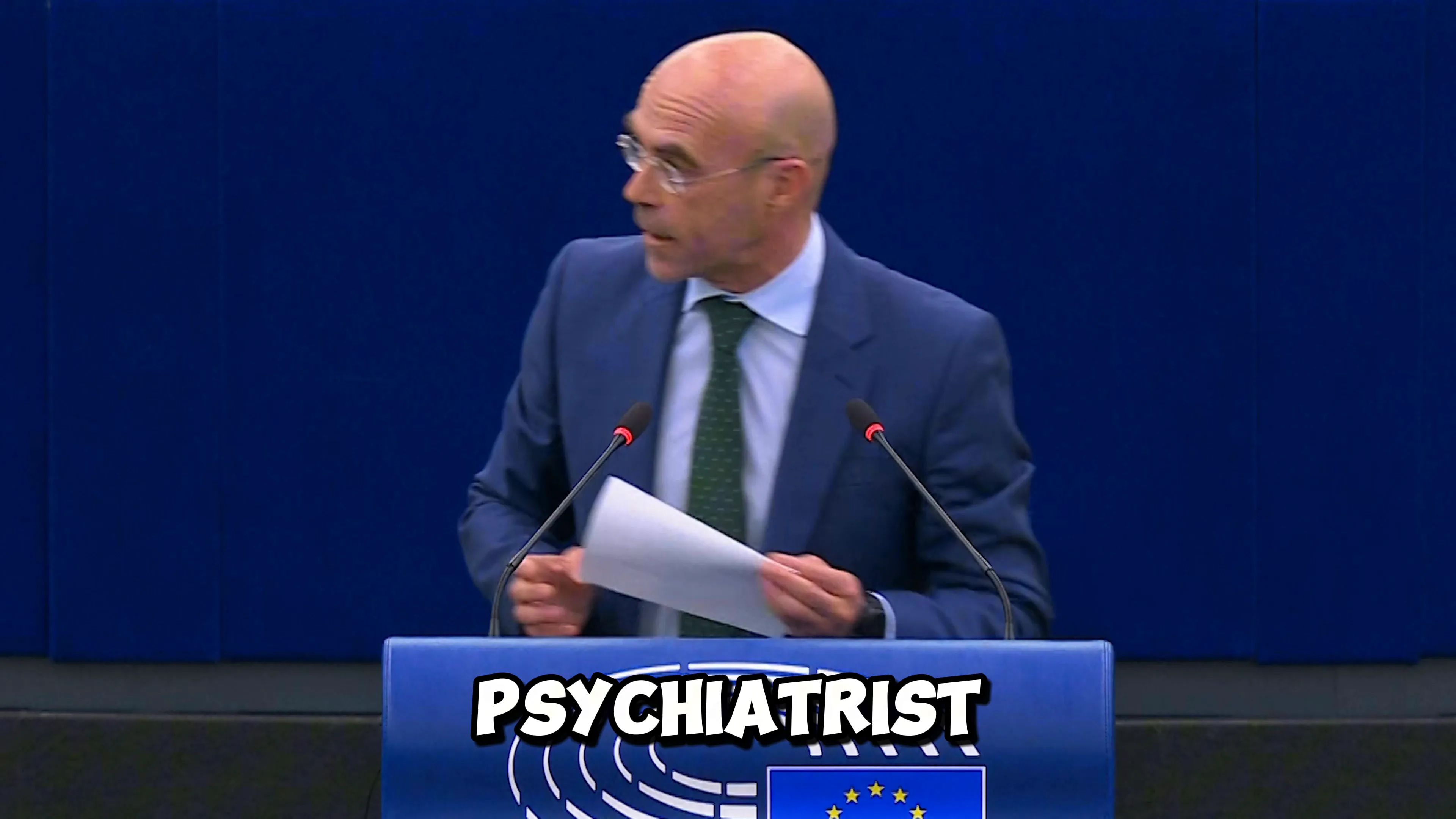
A Pattern of Criticism
For years, Viktor Orban has faced accusations of violating the rule of law, silencing dissent, and controlling the media. Yet, when similar actions occur in other countries, like France or Romania, there is a deafening silence. Why the double standard? It seems that the real issue is not the actions of Hungary, but rather the political narratives being spun by those in power.
In Slovakia, we witness a different political landscape, yet we share a common resistance against the neoliberal agenda. The attacks on Hungarian democracy by some EU members ring hollow when you consider their own political missteps. They’ve canceled elections and silenced opposition, yet they dare to lecture others on democratic values.
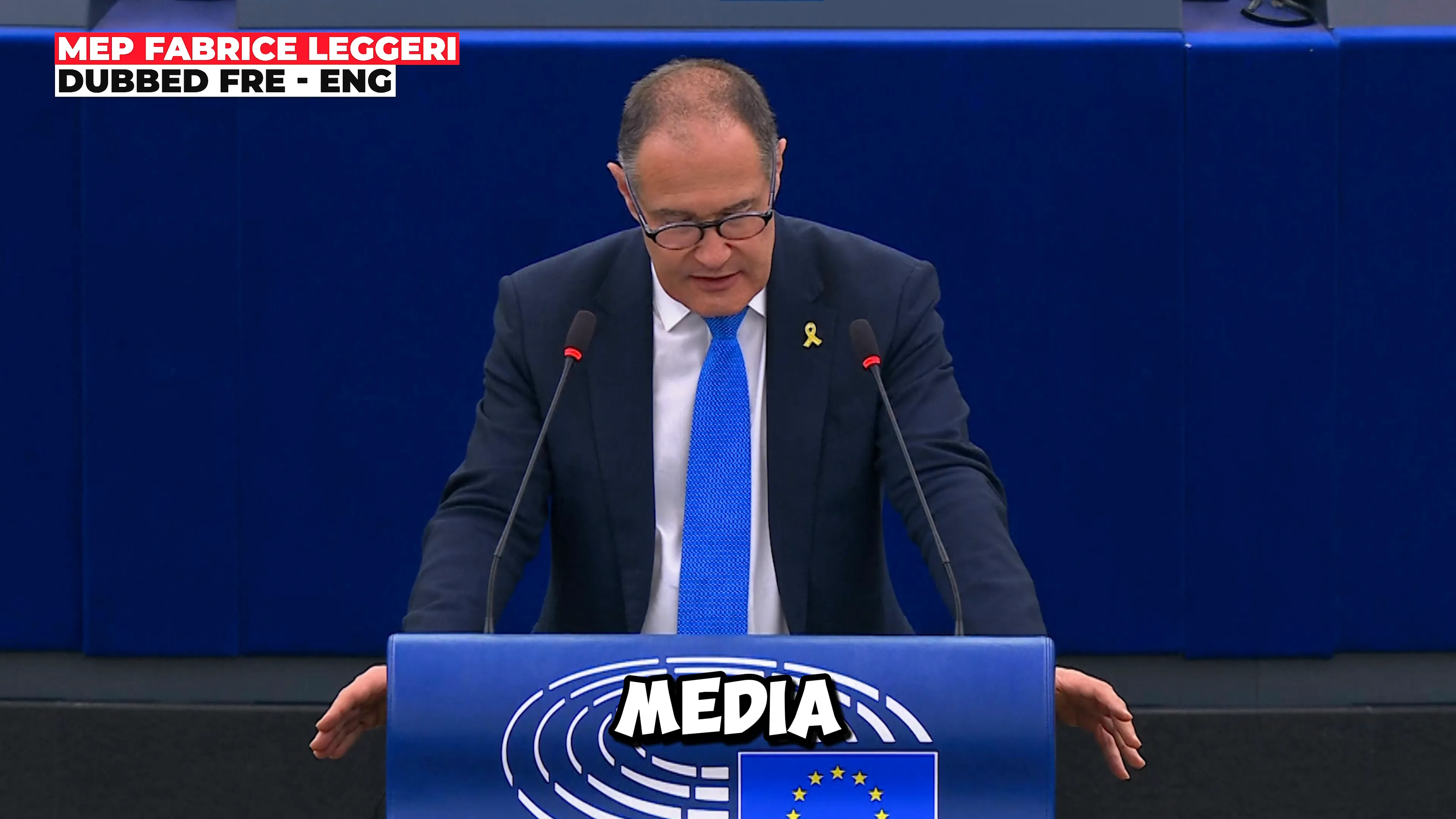
The Real Issues in Europe
Meanwhile, Europe grapples with a migration crisis, rising inflation, and political instability. Instead of addressing these pressing issues, the European Parliament continues to waste time on political theatrics aimed at Hungary. This is not just a distraction; it’s a fundamental failure to prioritize what truly matters for European citizens.
It’s essential to look beyond Hungary and focus on the broader implications of these ongoing crises. The rhetoric surrounding Hungary often serves to obscure the real problems that need urgent attention.
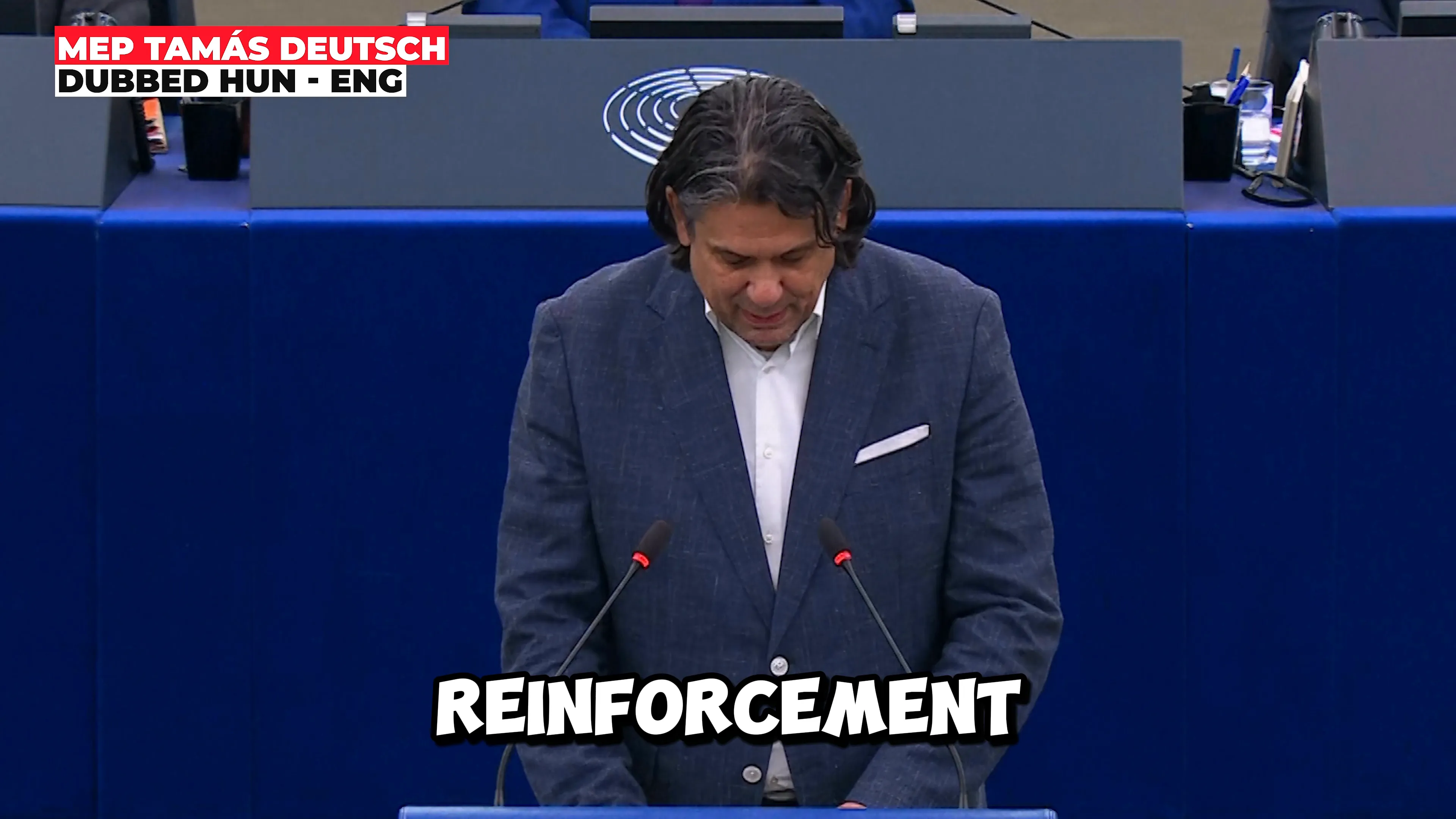
Silencing Dissent
In France, Marine Le Pen faces barriers preventing her from participating in the electoral process. This blatant silencing of political opposition should concern every citizen who values democracy. Yet, while these authoritarian trends emerge, the focus remains on Hungary, showcasing a troubling hypocrisy.
When dissent is silenced in Hungary, it’s met with outrage. Yet similar actions in France elicit silence from those who claim to champion democratic values. This selective outrage raises questions about the integrity of those who lead these discussions.
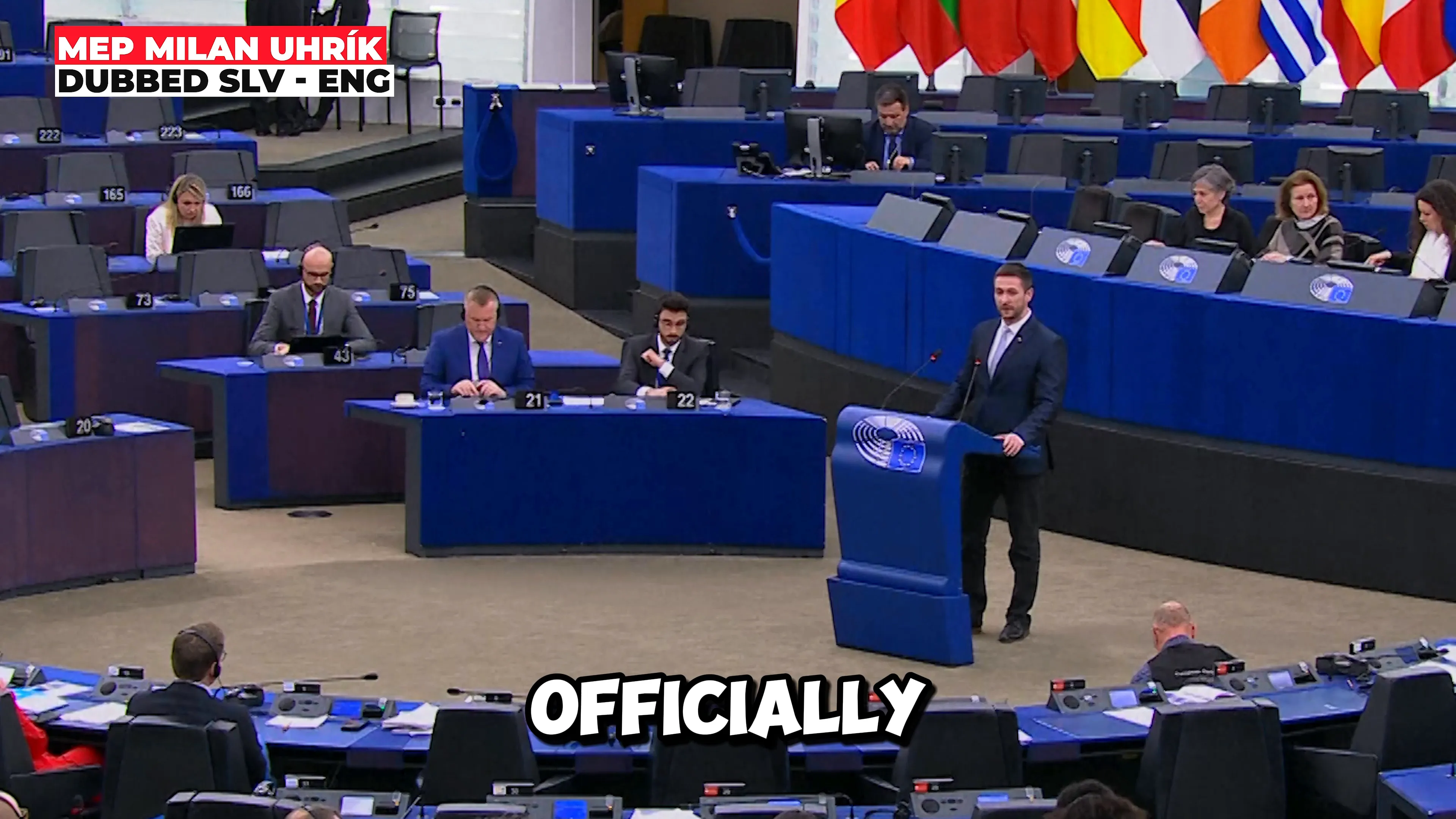
Solidarity Among Neighbors
Slovakia and Hungary have a complicated history, yet today they stand united against the neoliberal policies emerging from Brussels. This solidarity is born out of shared experiences and a mutual understanding of what it means to defend national sovereignty.
It’s crucial to recognize that the relationship between Slovakia and Hungary is not merely political; it’s deeply rooted in cultural and historical ties. This shared identity fortifies their resolve against external pressures that threaten their values.
Prioritizing Children’s Rights
The protection of children’s best interests in Hungary has received constitutional reinforcement. This is a fundamental step toward ensuring that the rights of children to healthy development are prioritized. In response to criticisms, Hungary has taken a firm stance against sexual propaganda in schools, emphasizing parental rights.
The narrative that Hungary is somehow infringing upon children’s rights is not only misleading but distracts from the genuine efforts being made to protect youth from potentially harmful ideologies. Hungary’s approach highlights a commitment to safeguarding the innocence of childhood.

The Reality of Safety
The reality is that individuals in cities like Barcelona or Paris face greater risks than those in Budapest. This is a fact that often gets overlooked in the narrative surrounding Hungary. The focus should be on where the real dangers lie rather than sensationalizing issues in Hungary.
It’s essential to recognize that the portrayal of Hungary as a dangerous place for minorities is not just misguided; it’s a disservice to those genuinely affected by violence and discrimination in other European cities.

Defending Parental Rights
Hungary’s commitment to parental rights is clear; the nation stands firm in allowing parents to decide what is best for their children’s moral and intellectual development. This principle is underlined by the rejection of external influences that seek to impose ideologies contrary to Hungarian values.
The pushback against the liberal agenda isn’t merely a defensive maneuver; it’s a proactive step toward preserving the integrity of family structures. Parents must retain the authority to guide their children without interference from external ideologies.
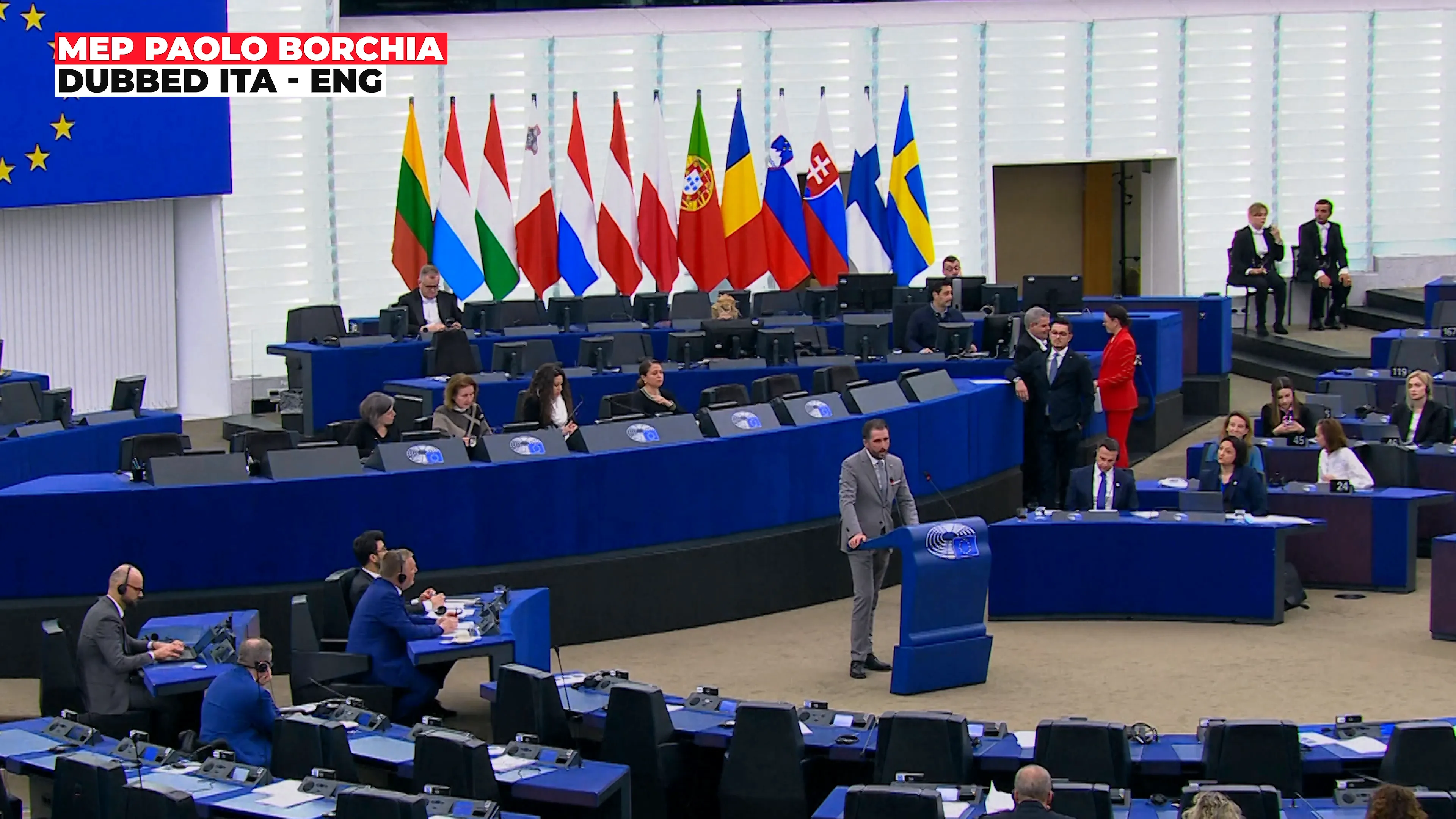
A Clash of Values
At the heart of the debate lies a clash of values. Hungary’s rejection of certain liberal ideologies has been framed as extremist, yet this characterization fails to recognize the diversity of thought within Europe. People should be allowed to embrace their cultural and national identities without being labeled as intolerant.
Every member state must have the right to define its values and principles without facing undue criticism. This clash of values is not just a Hungarian issue; it’s a European one that requires honest dialogue rather than condemnation.
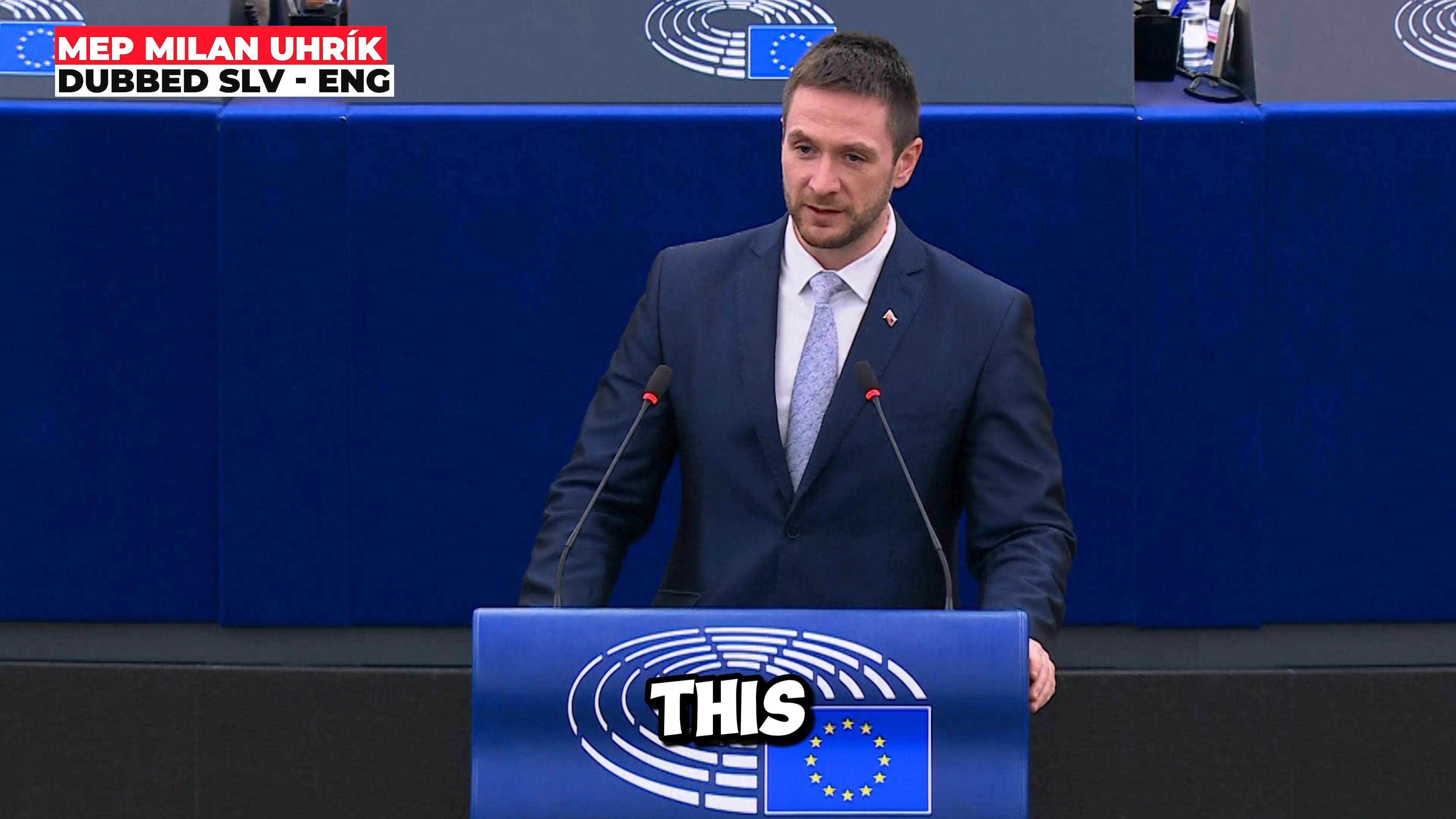
The Hypocrisy of Rule of Law Arguments
Critics often cite the rule of law when discussing Hungary, yet many of these same critics overlook serious democratic failings in their own countries. The hypocrisy is palpable when one considers the actions taken against political opponents in France or Romania, which go unchallenged.
This selective application of the rule of law raises significant questions about the motives behind the criticisms aimed at Hungary. It is essential to hold all nations accountable rather than singling out one for political gain.
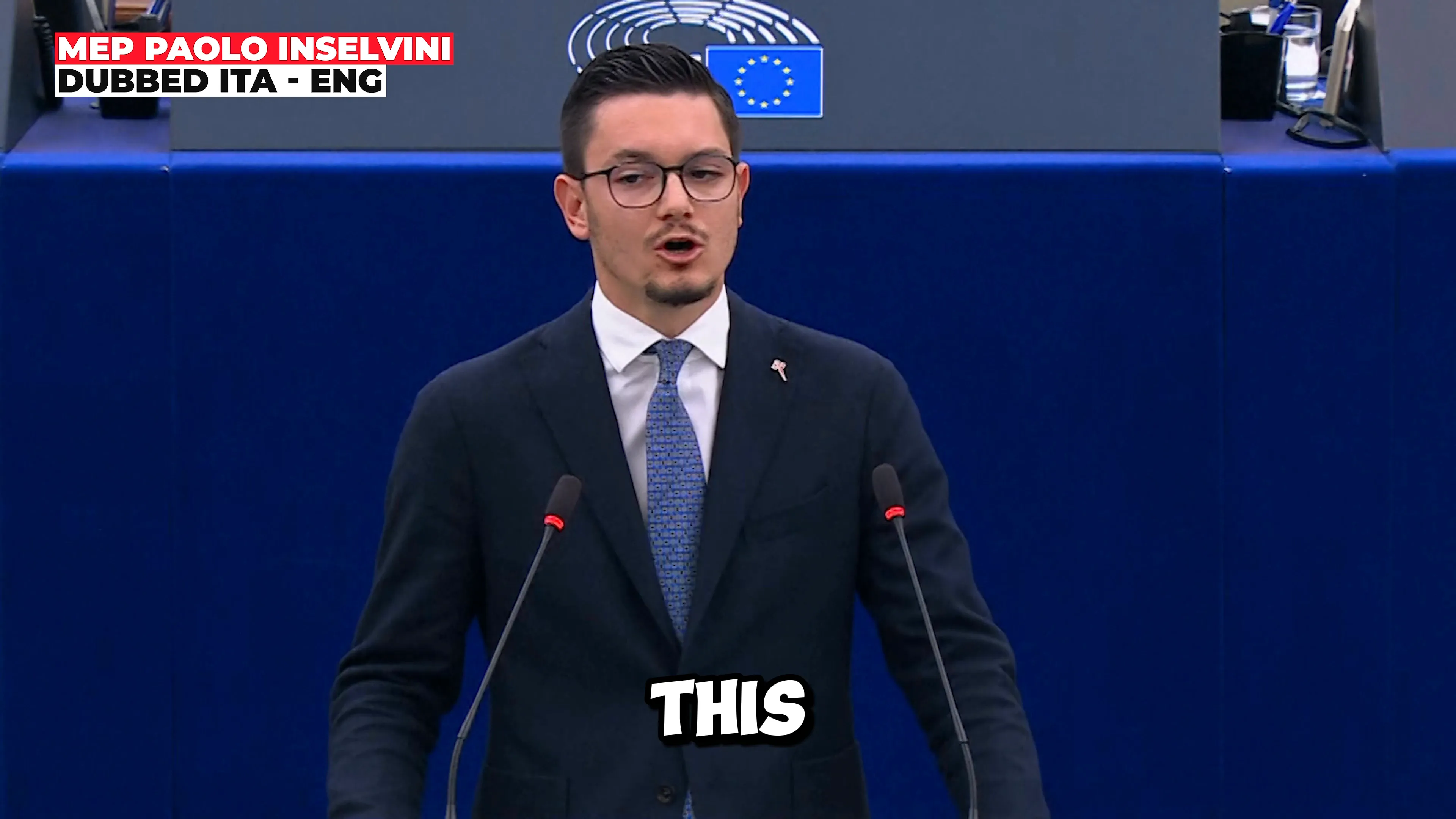
Protecting Future Generations
Hungary’s laws aim to protect future generations from ideologies that may harm their development. This proactive stance is rooted in a commitment to values inspired by a rich cultural heritage. It is not merely about legislation; it’s about safeguarding the future of the nation.
By prioritizing the well-being of children and families, Hungary sets a precedent that other nations should consider. Protecting future generations is a universal goal that transcends borders.
Calls for Respecting Sovereignty
The call for respecting national sovereignty is more than a political stance; it’s a fundamental principle that underpins the relationships between member states. Hungary’s desire to maintain its sovereignty should not be seen as an act of defiance but rather as a rightful assertion of its identity.
Every nation deserves the autonomy to govern itself according to its values and priorities. This respect for sovereignty is crucial for fostering healthy relationships among nations.
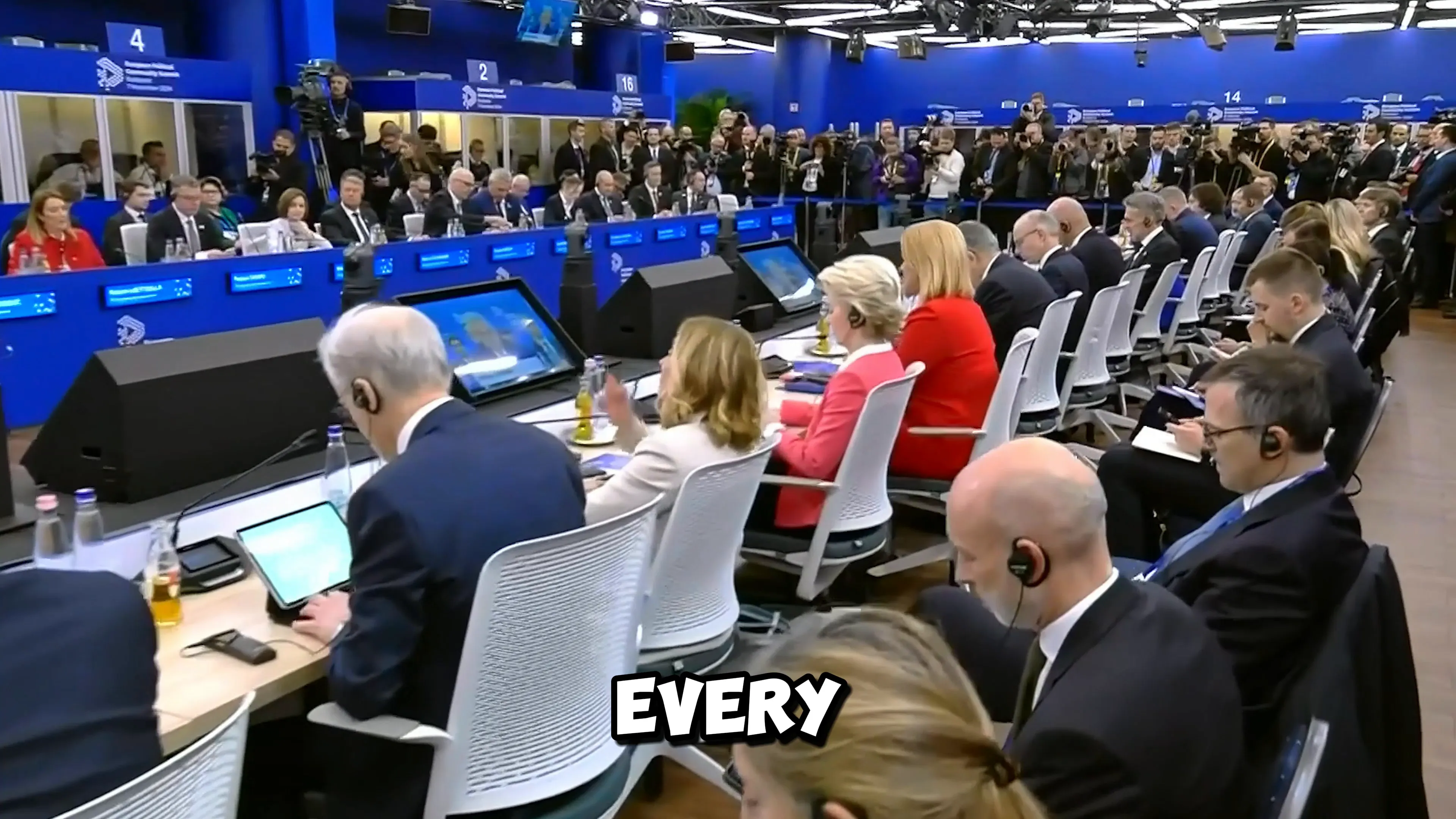
The Migration Crisis
The migration crisis continues to pose significant challenges for Europe. Instead of addressing these pressing issues, the focus remains on Hungary, diverting attention from the root causes of the crisis. This is a failure of leadership at multiple levels.
Real discussions are needed on how to manage migration effectively while respecting the rights and dignity of all individuals involved. This is a complex issue that requires thoughtful solutions rather than scapegoating a single nation.
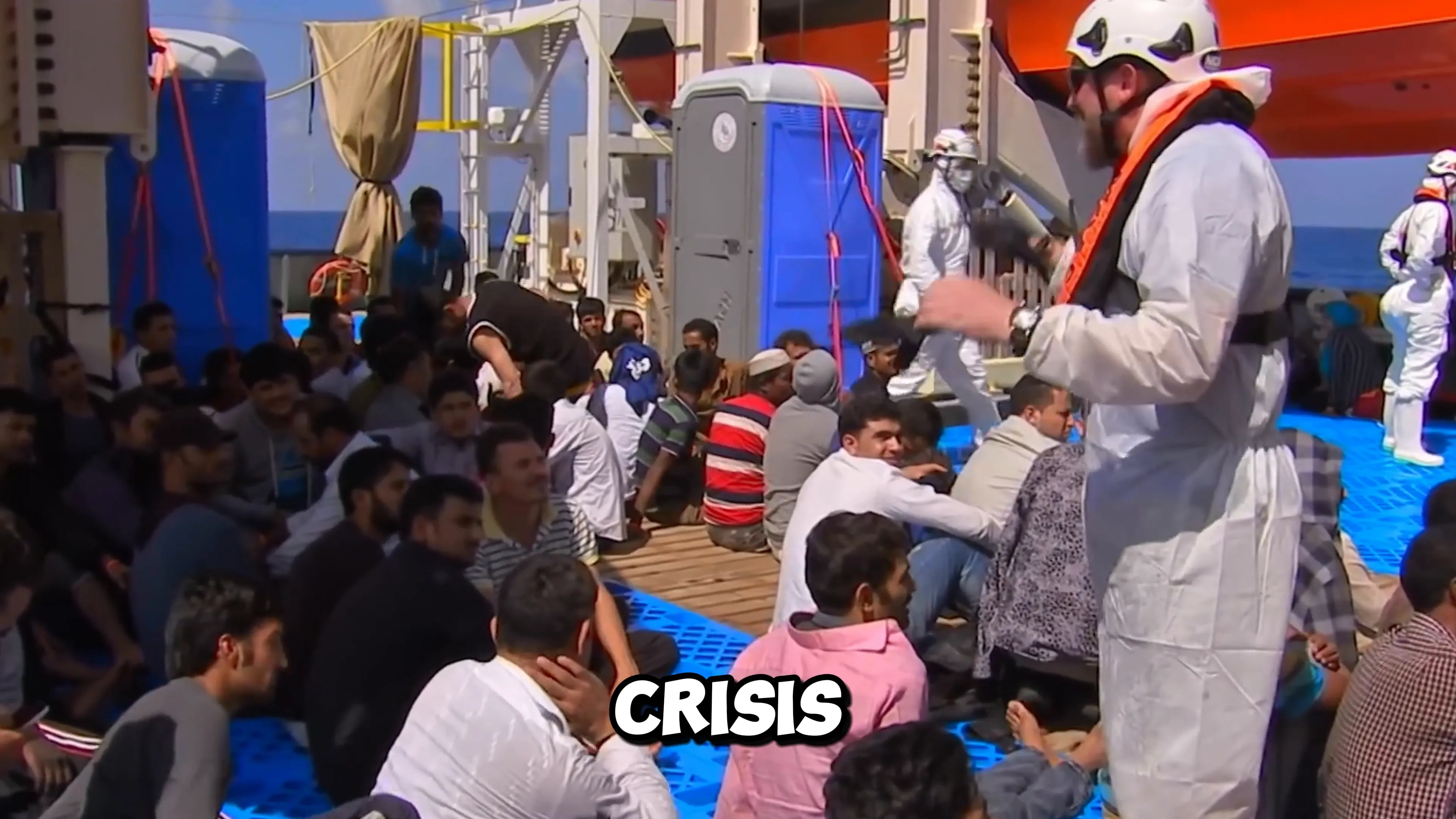
Defending Freedom of Expression
Freedom of expression is a cornerstone of democracy, yet it appears to be under threat in various member states. Hungary’s stance on protecting children from ideologies that may harm them should not be misconstrued as an infringement on freedom. Rather, it’s a commitment to ensuring that all voices, especially those of the vulnerable, are safeguarded.
Defending freedom of expression means allowing diverse perspectives to flourish while also protecting those who cannot defend themselves. This balance is essential for a healthy democracy.
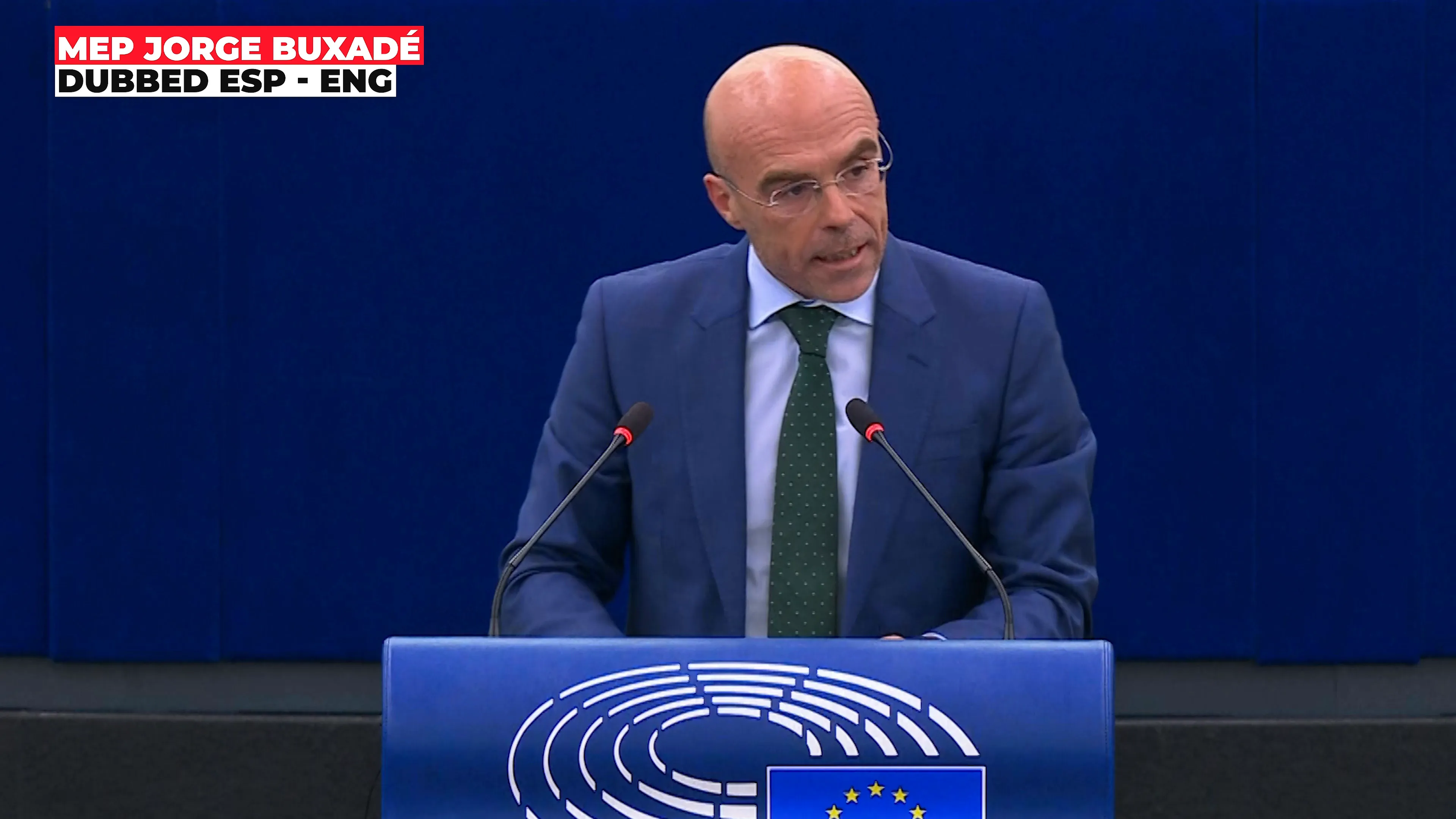
The Reality of Violence Against Minorities
When discussing violence against minorities, it’s vital to acknowledge where the real threats lie. The narrative surrounding Hungary often overlooks the realities faced by individuals in other European cities. This skewed perspective does a disservice to those genuinely suffering from violence and discrimination.
By focusing solely on Hungary, we risk ignoring the broader context of violence against minorities across Europe. This reality should be part of the conversation rather than relegated to the sidelines.
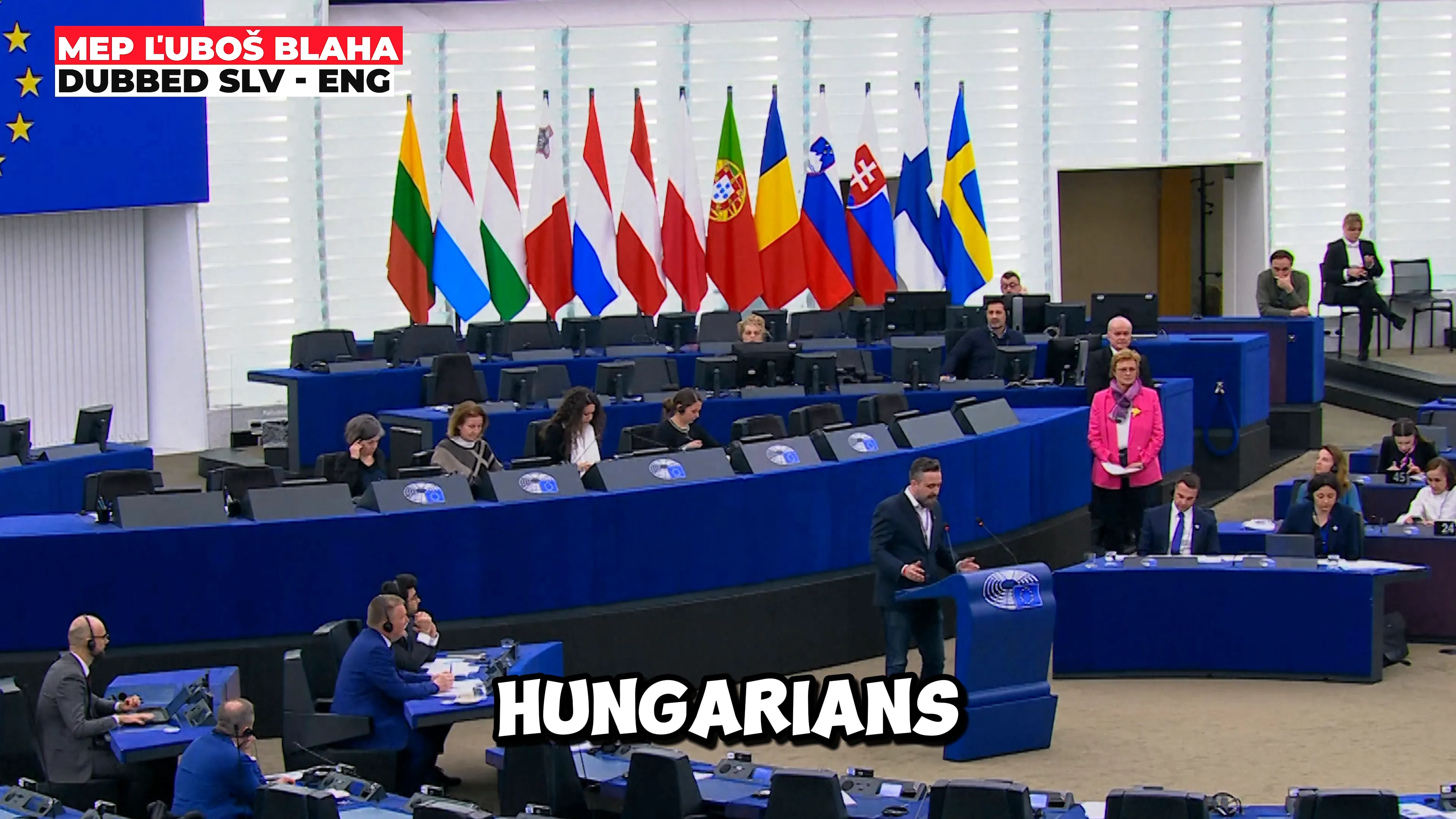
A Complicated History
The historical relationship between Slovakia and Hungary is complex, marked by both conflict and cooperation. Today, they stand together against external pressures that threaten their sovereignty and way of life. This solidarity is essential in navigating the challenges posed by the current political climate.
Understanding this history is crucial for grasping the motivations behind their current political alliances. It is a testament to the enduring bonds that can exist despite past conflicts.

The Role of Neoliberal Policies
Neoliberal policies have increasingly become a source of division among European nations. These policies promote economic models that prioritize market freedom at the expense of national sovereignty and cultural identity. In Hungary and Slovakia, there is a growing resistance against these policies, which are perceived as undermining traditional values and local governance.
The insistence on a one-size-fits-all approach from Brussels has alienated many. Countries like Hungary, which seek to define their own paths, are often labeled as extremist. This narrative fails to recognize the legitimate concerns of nations trying to protect their unique identities against an encroaching liberal agenda.

Challenges to Education and Family Values
The education systems in Hungary face significant scrutiny, particularly regarding their approach to family values and sexual education. Critics argue that a significant portion of the population views the education system unfavorably. However, this criticism often overlooks the intent behind Hungary’s educational reforms, which aim to reinforce traditional family structures and protect children from ideologies perceived as harmful.
As young people continue to leave Hungary for better opportunities abroad, the government’s focus remains on fostering a nurturing environment for families. Solutions must address both educational quality and the economic factors driving youth migration, rather than dismissing Hungary’s efforts outright.
Diversity in Governance
Europe’s diversity in governance is essential. Each nation has its own historical context, cultural nuances, and political ideologies. Hungary, with its right-wing conservatism, and Slovakia’s left-wing approach, exemplify this diversity. However, both countries share a commitment to resisting the neoliberal push from Brussels.
This diversity should be celebrated, not condemned. The ability for nations to govern according to their principles is a cornerstone of democracy. Hungary’s choices reflect its values and the will of its people, which deserve respect and recognition.
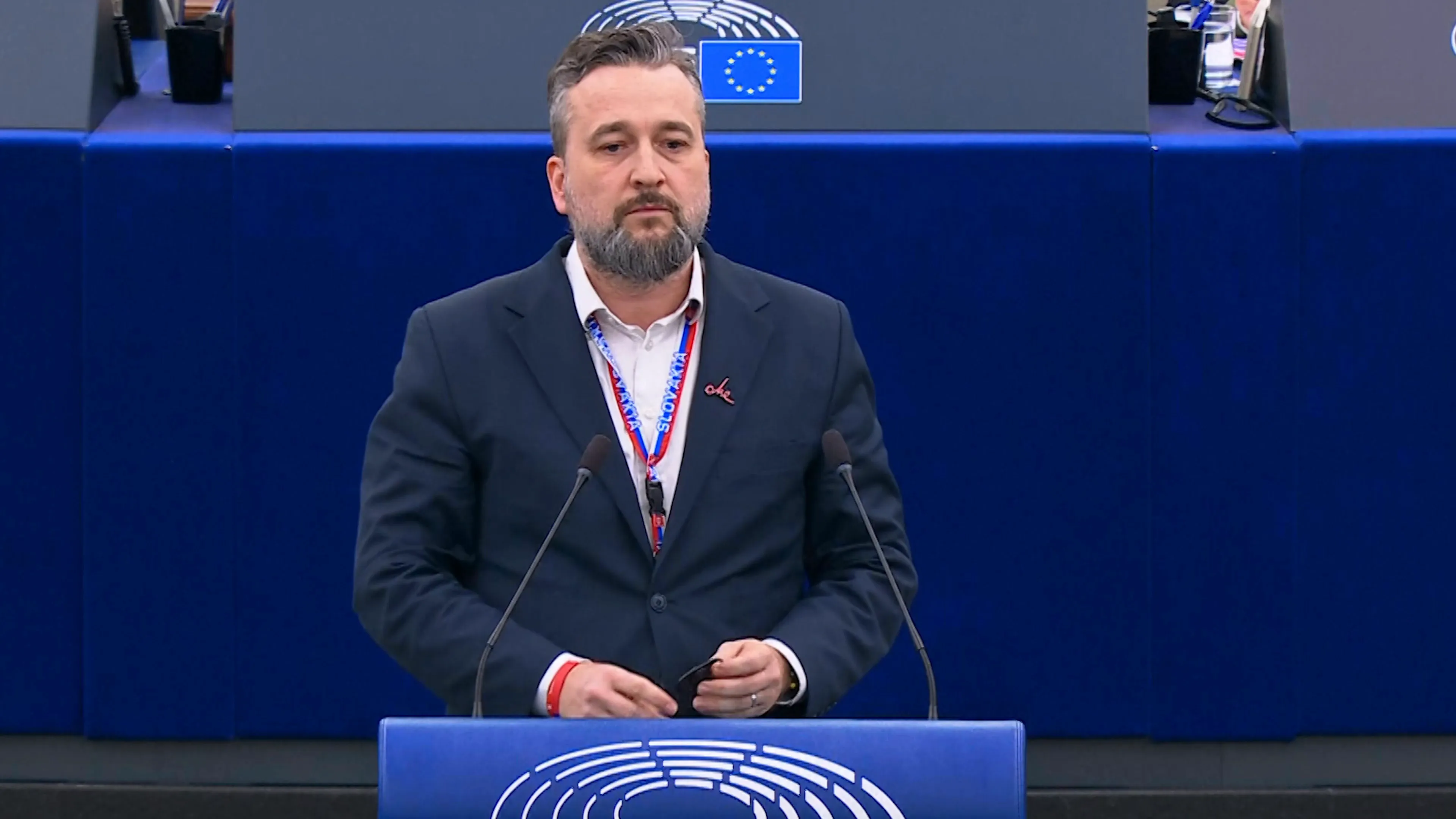
Hungary’s Stand Against Woke Ideology
Hungary has positioned itself at the forefront of the fight against what many perceive as woke ideology. The government’s decision to ban sexual propaganda in schools is framed as a protective measure for children. It emphasizes parental rights over state intervention in moral education, a stance that resonates deeply with many citizens.
This stand against woke culture is often met with criticism, yet it highlights a broader struggle over the values that shape European societies. As Hungary defends its cultural identity, the debate on the role of ideology in education continues to intensify.
The Right to Make Decisions
The right of nations to make their own decisions is fundamental. Hungary’s policies reflect the desires of its citizens and their vision for the future. The rejection of outside pressures to conform to liberal ideologies is a testament to Hungary’s commitment to self-determination.
As other countries face internal strife and challenges to democracy, Hungary stands firm in its conviction. This autonomy must be respected by all member states, as it is a crucial aspect of a healthy European Union.
Hypocrisy in Political Discourse
The hypocrisy evident in political discourse surrounding Hungary cannot be overlooked. While critics accuse Hungary of undermining democracy, similar actions in countries like France or Romania receive scant attention. This selective outrage reveals a troubling double standard that undermines the integrity of the criticisms being leveled at Hungary.
It is essential to confront this hypocrisy. Every nation must be held accountable for its actions, rather than singling out Hungary for political gain. Genuine discussions about democracy should encompass all member states, not just those that fit a particular narrative.
The Need for Unity Against Extremism
In the face of rising extremism, unity among like-minded nations is paramount. Hungary and Slovakia exemplify this solidarity, standing together against external pressures that aim to redefine their identities. This unity is not just political; it is a shared commitment to protect cultural values from radical ideologies.
As Europe grapples with challenges like migration and economic instability, collaboration among nations that prioritize sovereignty and traditional values will be crucial. This collective defense against extremism is necessary for maintaining the integrity of European identity.
Defending Christian Values
Christian values play a pivotal role in shaping Hungary’s laws and societal norms. The government’s commitment to these values is evident in its legislative decisions, particularly regarding family and education. By prioritizing the protection of children and upholding traditional family structures, Hungary aims to create a foundation based on its historical and cultural identity.
This defense of Christian principles is often met with resistance from liberal factions who view it as regressive. However, the importance of these values in fostering community and moral integrity is undeniable. They serve as a guiding force for many citizens who seek to preserve their way of life.
Facing Economic Challenges
Europe currently faces a multitude of economic challenges, including inflation and a migration crisis. Rather than addressing these urgent issues, discussions often veer towards Hungary, distracting from the pressing matters that require immediate attention. Hungary’s approach to these challenges reflects its commitment to maintaining economic stability while safeguarding its national interests.
As economic pressures mount, it is vital for governments to focus on practical solutions that will benefit their citizens. Hungary’s policies aim to foster a resilient economy that prioritizes the welfare of its people over external political agendas.
The Reality of Political Manipulation
The political manipulation surrounding Hungary is evident in the narratives crafted by its critics. Misrepresentation of Hungary’s policies serves to create a false image of the country as a rogue state. This manipulation not only distorts the truth but also undermines the legitimate concerns of Hungarian citizens who support their government’s decisions.
Recognizing this manipulation is crucial for fostering an honest dialogue about Hungary’s role in Europe. By addressing the real issues at hand, rather than succumbing to sensationalism, a more nuanced understanding of Hungary’s position can be achieved.
The Hungarian Model
The Hungarian model of governance emphasizes the importance of national sovereignty and cultural identity. By prioritizing the rights of parents and the protection of children, Hungary sets a precedent for other nations grappling with similar challenges. This model advocates for a balance between individual rights and collective values, ensuring that the needs of families are at the forefront of policy decisions.
As other European nations look to Hungary, the potential for adopting similar strategies to address their own societal challenges becomes apparent. The Hungarian model provides a framework for nations seeking to protect their identities while navigating the complexities of modern governance.
Calls for Continued Defense of Sovereignty
The ongoing discussions surrounding Hungary underscore the need for a continued defense of national sovereignty. Hungary’s right to govern itself according to its values must be upheld by all member states. This defense is not merely a political stance; it is a fundamental principle that should guide the relationships among European nations.
As external pressures mount, the commitment to sovereignty becomes even more critical. Nations must stand firm in their choices and resist attempts to impose foreign ideologies that conflict with their core values.
The Unfolding Situation in France
While Hungary faces relentless scrutiny, the situation in France raises significant concerns about democracy and freedom of expression. The barriers placed on political candidates like Marine Le Pen illustrate a troubling trend towards authoritarianism that warrants attention. Yet, the focus remains on Hungary, highlighting a glaring double standard in how democratic principles are applied across Europe.
This unfolding situation in France serves as a reminder that the threats to democracy are not confined to Hungary. It calls for a broader examination of how political freedoms are upheld across the continent, demanding accountability from all member states.
The Importance of Protecting Children
Protecting children from ideologies perceived as harmful is a central tenet of Hungary’s policies. The commitment to ensuring that minors are shielded from inappropriate content reflects a broader societal responsibility to nurture future generations. This protection is not merely a legislative initiative; it is a moral imperative that resonates with parents and guardians alike.
As discussions about children’s rights evolve, the emphasis must remain on safeguarding their well-being. Hungary’s approach serves as a model for other nations seeking to balance freedom of expression with the need to protect vulnerable populations.
A Call to Action
As the challenges facing Europe intensify, a collective call to action is necessary. Nations must unite to address the pressing issues of migration, economic stability, and ideological extremism. Hungary’s commitment to sovereignty and cultural identity should inspire other nations to assert their rights and resist external pressures.
Engaging in honest dialogue and fostering mutual respect among member states is essential for overcoming the divisions that threaten the integrity of the European Union. The time for action is now; unity is paramount in the face of adversity.
Conclusion: Upholding European Values
Upholding European values requires a commitment to respecting the sovereignty of individual nations. Hungary’s stance against external pressures and its dedication to preserving its cultural identity serve as a crucial reminder of the importance of self-determination. As Europe moves forward, embracing its diversity while fostering unity will be essential for navigating the complexities of the modern world.
Every nation should have the right to define its values without facing undue criticism. By championing sovereignty and protecting the rights of families and children, Hungary and its allies are paving the way for a future that honors the rich tapestry of European identity.
